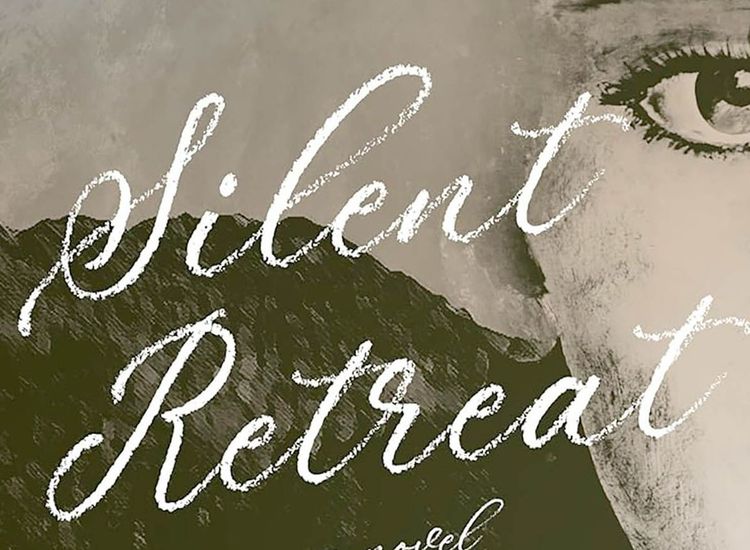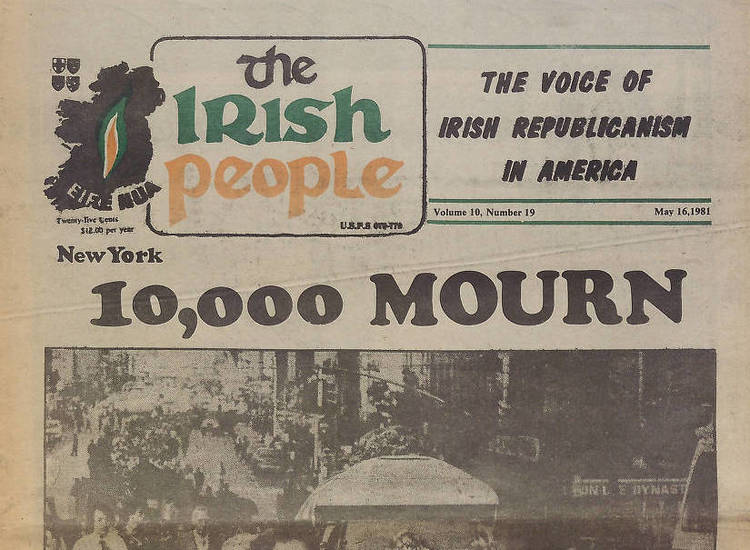Lisa McInerney.
PHOTO COURTESY OF THE AUTHOR
Page Turner / Edited by Peter McDermott
“Lisa McInerney’s first novel takes off like a house on fire and doesn’t stop until it has singed the reader’s heart,” said the Economist’s reviewer about “The Glorious Heresies.”
The Guardian said that the young novelist “has talent to burn”; meanwhile, “blistering” and “searing” are adjectives that have been applied to what the Daily Telegraph called a “spectacular debut.”
The New York Times’ first reviewer kept the fiery theme ablaze with: “Drugs, booze, obscenity, violence and black humor fuel Lisa McInerney’s audacious first novel.”
She added: “Ms. McInerney offers empathy even to her most depraved characters. This novel is impressive for its moral complexity, and for the energy and virtuosity of its language: a strange, pleasing music that lingers in your mind.”
A second Times reviewer agreed that the “characters aren’t what anyone would call saints, but they’re so richly drawn you have to respect the way they think and sympathize with their moral conflicts," and also that while they may “live like rats” in the seedy underworld, they “speak like street poets.”
The novelist herself told us that “The Glorious Heresies,” now out in paperback, “is about salvation, shame and the legacy of Ireland's 20th-century attitudes to sex and family.
“It examines the lives of five misfits from post-crash Cork City, whose lives are entwined when one of them kills an intruder in her home by hitting him over the head with a religious ornament,” added the winner of the 2016 Women’s Prize for Fiction and the 2016 Desmond Elliott Prize. “Its cast includes teenage drug dealers, sex workers feigning religious conversion, hapless alcoholics, pragmatic villains and belligerently rebellious grandmothers. It’s not necessarily a side of Ireland readers are familiar with.”
McInerney’s work has also featured in Granta and the Stinging Fly, where she is a contributing editor, and on BBC Radio 4. Her second novel, “The Blood Miracles,” was published this year in Ireland, the UK and Canada.
Lisa McInerney
Date of birth: 1981
Place of birth: Galway
Residence: Galway
Published works: Two novels — “The Glorious Heresies” and “The Blood Miracles” — various short stories and essays.

What is your writing routine? Are there ideal conditions?
Only the deluded wait for ideal conditions. That said, peace, quiet and a good chair helps. I don’t write every day but when I do, I try to get through 1,000 words.
What advice do you have for aspiring writers?
There’s no such thing as an aspiring writer — you’re either a writer or you’re not, and you’re not a writer unless you’re writing. I’m wary of advice. There’s a lot of really terrible writing advice out there. Each writer works differently, and methods or techniques that work for one writer may not work for the next. Use what works for you, ignore everything that doesn’t. But write the thing. The story in your head is your responsibility; if you don’t figure out how to write it, no one will.
Name three books that are memorable in terms of your reading pleasure.
Oh God, I might have a strange definition of “reading pleasure.” What good is a book that doesn’t rattle its reader in some way or another? Off the top of my head, I’ll say: “Last Exit to Brooklyn” (Hubert Selby JR), “Human Acts” (Han Kang) and “Multiple Choice” (Alejandro Zambra).
What book are you currently reading?
An advance copy of “Census,” by Jesse Ball.
Is there a book you wish you had written?
Not at all! I’m glad there are brilliant books out there that are comprised of stuff I’m unfamiliar with or written using techniques I can’t get my head around. Envy shouldn’t come into it at all. I admire other books precisely because I didn’t write them.
If you could meet one author, living or dead, who would it be?
Seán O’Casey was my kind of firebrand.
What book changed your life?
The best ones do, even in little ways. But in the interests of not coming across like a literary zealot, I read “Junk,” by Melvin Burgess, when I was a kid (I think it’s called Smack in the States), and it was a huge inspiration to me. It made me realize I could play with narrative voice and write unpleasant truths.
What is your favorite spot in Ireland?
I have many. The Shaky Bridge in Cork City, Eagle’s Rock in the Burren, Sherkin Island, Galway City Centre, Killary Harbour, Gougane Barra, Dublin in the sunshine and Belfast at night.
You're Irish if...
I don’t believe it’s right to put stipulations on identity. Attempting to define something like this, even in a light-hearted way, does far more harm than good. It’s exclusionary carry-on, made to shore up one group at the expense of all others, and it can lead to very dark places indeed.









